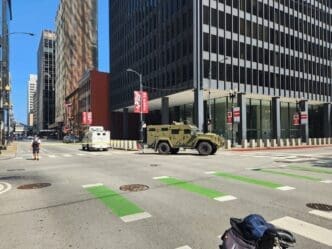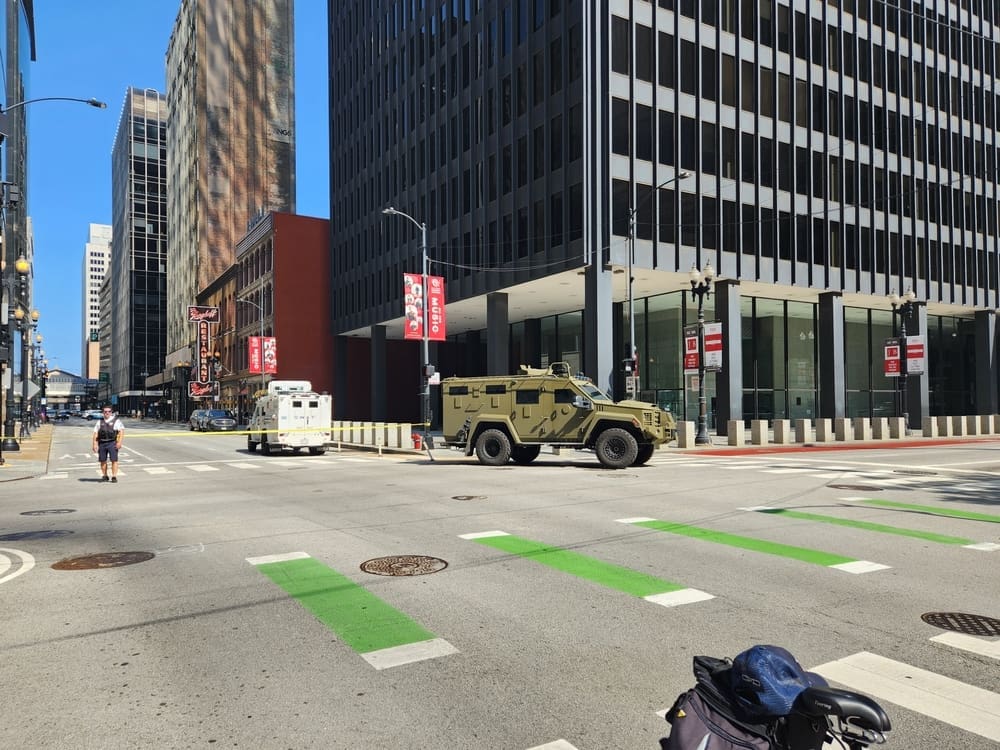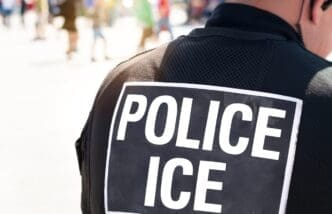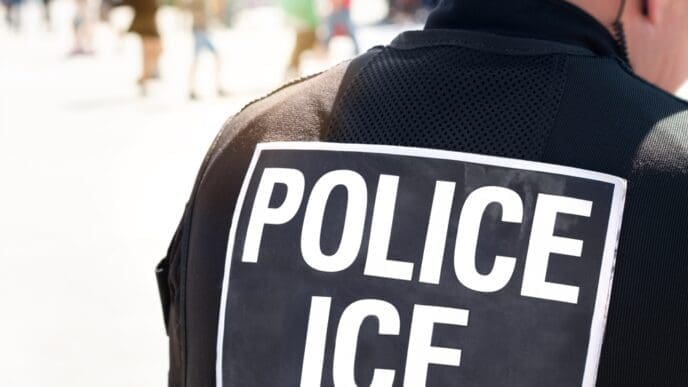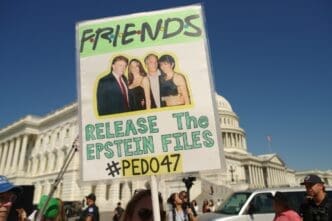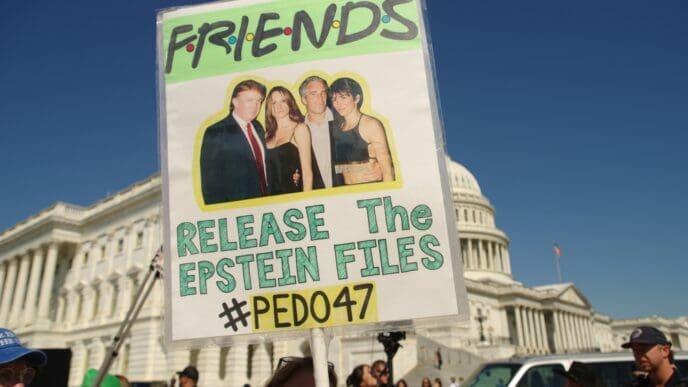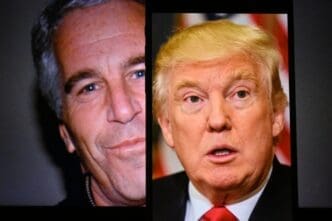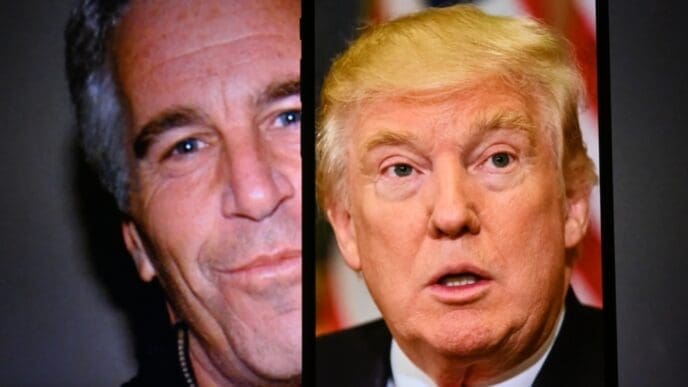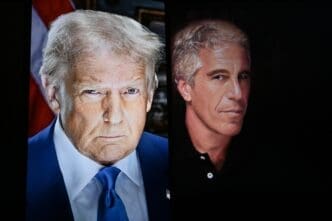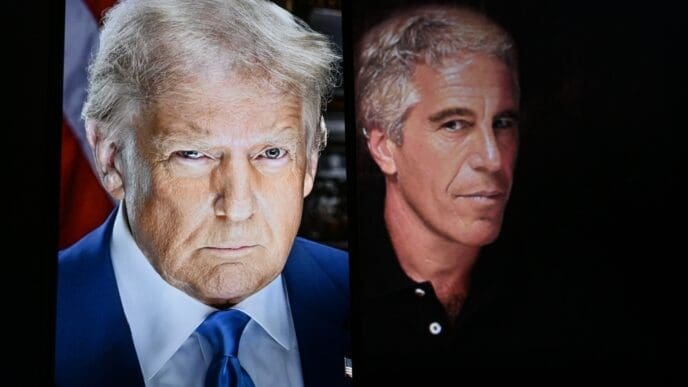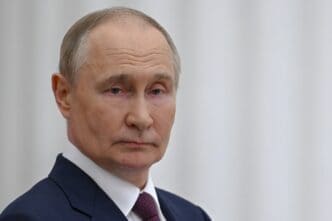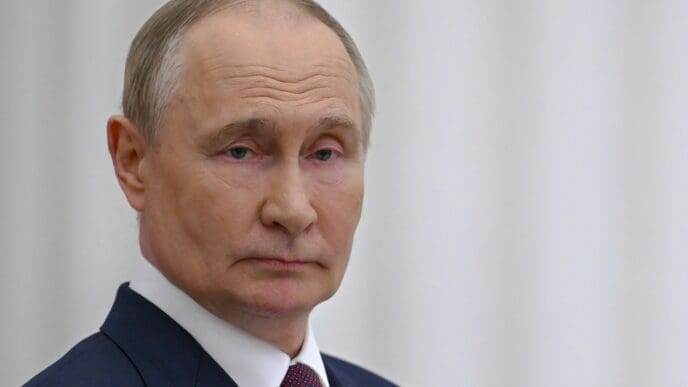Executive Summary
- President Trump appears to be reconsidering his month-long push to deploy federal troops to Chicago to combat crime, despite earlier assertions of “going in.”
- This potential shift is influenced by a federal judicial ruling, increasing public skepticism, and a new emphasis from his administration on securing local approval for such actions.
- While a targeted deportation operation has commenced in Illinois, the broader military intervention to combat crime, initially discussed by Trump, seems less likely to proceed in its originally conceived form.
The Story So Far
- President Trump had been consistently pushing for a month to deploy federal troops to Chicago to combat crime, but this initiative now faces reconsideration due to a federal judicial ruling challenging his authority, increasing public skepticism about such deployments, and a notable shift in the administration’s stance to emphasize the need for local approval from city and state officials.
Why This Matters
- The apparent reconsideration of President Trump’s plan to deploy federal troops to Chicago, influenced by a federal judicial ruling, increasing public skepticism, and a new emphasis on local approval, signals a significant retreat from the initially proposed large-scale military intervention, suggesting that such a comprehensive crime crackdown is unlikely to proceed as originally conceived, despite a separate, targeted deportation operation now underway.
Who Thinks What?
- President Donald Trump’s administration, after initially pushing for the deployment of federal troops to Chicago to combat crime, appears to be reconsidering a large-scale military intervention, now emphasizing the importance of securing local approval and potentially downplaying the idea.
- A federal judge has issued a ruling against President Trump’s authority to use troops for law enforcement, while public opinion polls indicate general opposition to such deployments and skepticism about their effectiveness in reducing crime.
President Donald Trump appears to be reconsidering his month-long push to deploy federal troops to Chicago to combat crime, according to an analysis by Aaron Blake. Despite earlier assertions of “going in,” the administration’s recent statements and actions suggest a potential shift away from a large-scale military deployment, possibly influenced by a federal judicial ruling, increasing public skepticism, and a focus on local approval.
Shifting Stance on Deployment
Trump had consistently spoken about sending troops to Chicago for nearly a month, stating as recently as Tuesday, “We’re going in,” though he did not provide a specific timeframe. However, the anticipated deployment has yet to materialize, and the administration’s commitment to the idea has reportedly wavered since.
The Department of Homeland Security did announce a deportation operation in Illinois on Monday. This initiative, however, is distinct from the comprehensive crime crackdown involving the National Guard that Trump had previously discussed, leading some to believe it could serve as an “offramp” from the larger military intervention.
Legal and Public Opinion Hurdles
Several factors appear to be contributing to this potential shift. A federal judge has issued a ruling against President Trump’s authority to use troops for law enforcement purposes, complicating any such deployment. Concurrently, public opinion polls indicate growing reservations about the initiative.
A recent CBS News-YouGov poll revealed that Americans generally oppose Trump’s use of the National Guard to address crime in various cities. The survey also found that Americans were about evenly split on whether such deployments effectively reduce crime, with only 36% reporting they felt safer due to Trump’s use of the National Guard.
The core dilemma, as highlighted by the analysis, centers on whether the public is willing to accept an extraordinary use of troops on U.S. soil in exchange for a perceived reduction in crime.
Administration’s Evolving Rhetoric
President Trump’s own recent rhetoric reflects a deeper hesitancy regarding the Chicago deployment. While he has previously argued against the necessity of gubernatorial approval for such actions, his administration is now emphasizing the need for local cooperation.
Both Vice President JD Vance and Defense Secretary Pete Hegseth have acknowledged Trump’s authority but underscored the importance of securing local approval from officials, including Illinois Governor J.B. Pritzker and Chicago Mayor Brandon Johnson. This marks a notable change in the administration’s public messaging.
When questioned about plans this week, Trump also appeared to downplay the idea, suggesting that others had amplified the notion of sending troops into Chicago.
The trajectory of President Trump’s proposed troop deployment to Chicago appears to be shifting, with the administration facing legal challenges, increasing public skepticism, and a noticeable change in its communication strategy. While a targeted deportation operation has commenced, the broader military intervention to combat crime, initially discussed by Trump, seems less likely to proceed in its originally conceived form.

